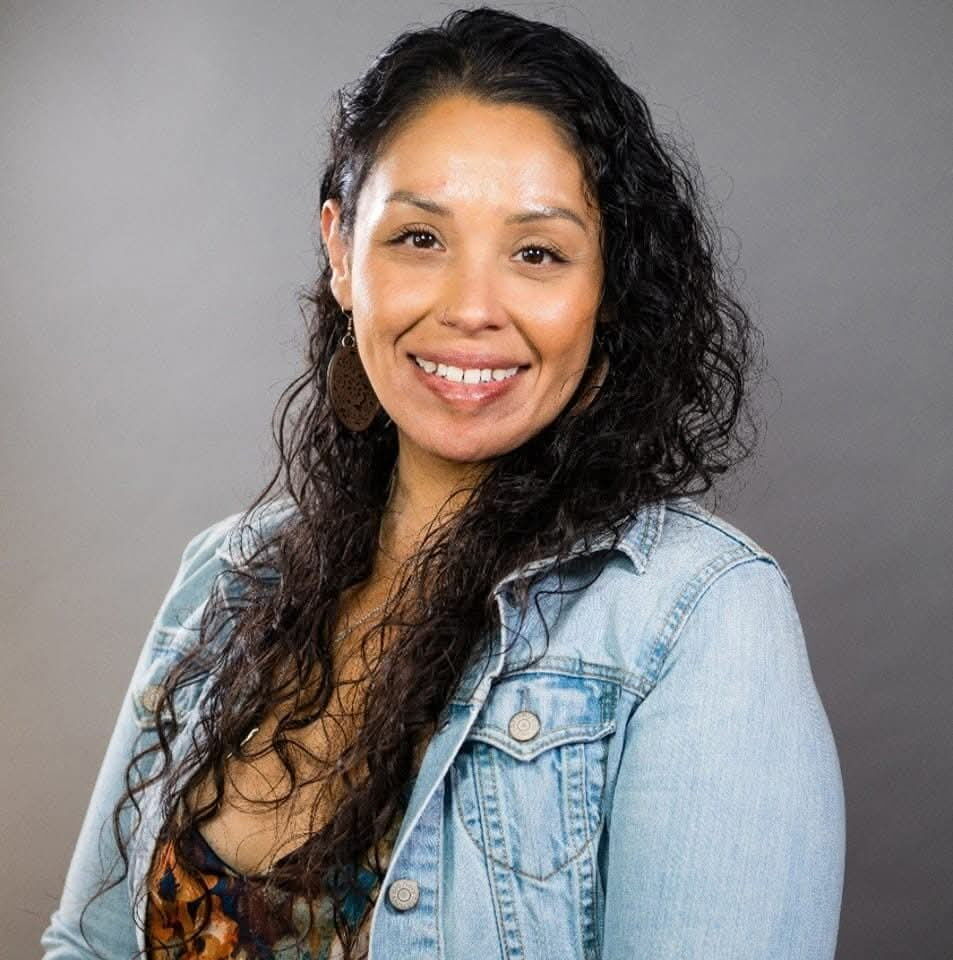BIDLACK | Let’s thank our lucky stars for ‘military welfare’


It has been said from time to time that my city of Colorado Springs – with its FIVE military installations – has a bit of a military flavor to it. As a retired military officer, I confess that I do enjoy the greater military savvy here, in that most people speak at least a little of the military language. Folks often thank me for my service, which embarrasses me more than a little bit, and lots of folks understand that a commissary is where you buy food and a BX/PX is where you buy stuff. Heck, the number of military retirees here ensures that the military feel of the town will continue to make us short-haircut folks feel welcome (I tried letting my hair grow longer after I retired from the AF, but after 25 years of short, I just couldn’t stand it long).
The military has existed, in the form of bases and posts, in Colorado for quite a long time, and Colorado sees a significant positive impact from those folks in uniform. A 2018 study suggests that the defense sector – which includes military and veteran activities – supports 247,000 Colorado jobs directly and the DOD contributes $36.6 billion to our economy every year. Over 7% of state tax money comes from military sources. We can all agree, I assume, that the military is an important part of our Colorado culture and that’s especially true here in Colorado Springs.
So it’s not too surprising that our leaders in Denver recently sought $25 million in federal monies to help pay for a variety of road improvements to make base ingress and egress safer and easier. The money would cover costs to improve access to Fort Carson, a massive Army facility, and the Air Force Academy, with much of the money spent on I-25 improvements.
I have no strong feeling either way about this particular spending project, but I do think it helps to highlight something I used to teach my AFA students about – the role of the military as a social welfare agency.
Yup, you read that correctly – I think the DOD is about the biggest welfare organization out there. Not for a moment am I suggesting that the military’s mission has changed. During my 25-plus years on active duty I targeted ICBMs toward our nation’s adversaries, and I carried guns as I patrolled the Academy as a law enforcement officer. That said, wow, the DOD sure does a lot of things designed to make its neighbors happy and to get along with civilian governments in the area.
A good example of the latter are the very same police patrols I went on. As it turns out, six miles of I-25, between mile markers 156 and 160, are on USAFA grounds. Technically, every time you drive that stretch of roads, you enter and leave a federal installation. While we never patrolled on I-25 for speeders and such, we were the first responders to accidents in that section of highway. People were often confused when they had a wreck and a bunch of military people showed up to help.
You know about “regular welfare” for poor folks. And you’ve heard of “corporate socialism,” usually referring to tax breaks and such given to big companies to make their lives easier and their stockholders happier. But I wonder if it is time to start talking about “military socialism?” By that, I mean the fact that many local and state economies around the nation – and certainly here in Colorado Springs – rely on monies spent by the military and military personnel to keep their economies growing. But wait, there’s more.
In addition to cash infused into an economy, the military often makes its resources available to the local communities in times of crisis. Bulldozers from the Academy helped with the Waldo Canyon fire and the Air Force stages C-130 cargo planes with special firefighting gear in Colorado to aid in the case of wildfire. Those are good things, I think, and with eight military bases along the Front Range, Colorado does well by the military in many different ways.
But let’s call it what it is – military welfare. I point this out because far too many (especially those on the Right) wrap themselves in the flag to proclaim their support of the military while at the same time cast aspersions on those getting the more traditional types of government welfare. My town of Colorado Springs would be in quite a pickle if a few billion dollars vanished from the local economy, should the bases go away. So, can we agree that while good people can disagree on policies and such, we can also agree that the government supports people in a variety of ways? We’ll only address our budget and other challenges when we accept to totality of the federal footprint.
Hal Bidlack is a retired professor of political science and a retired Air Force lieutenant colonel who taught more than 17 years at the U.S. Air Force Academy in Colorado Springs.













